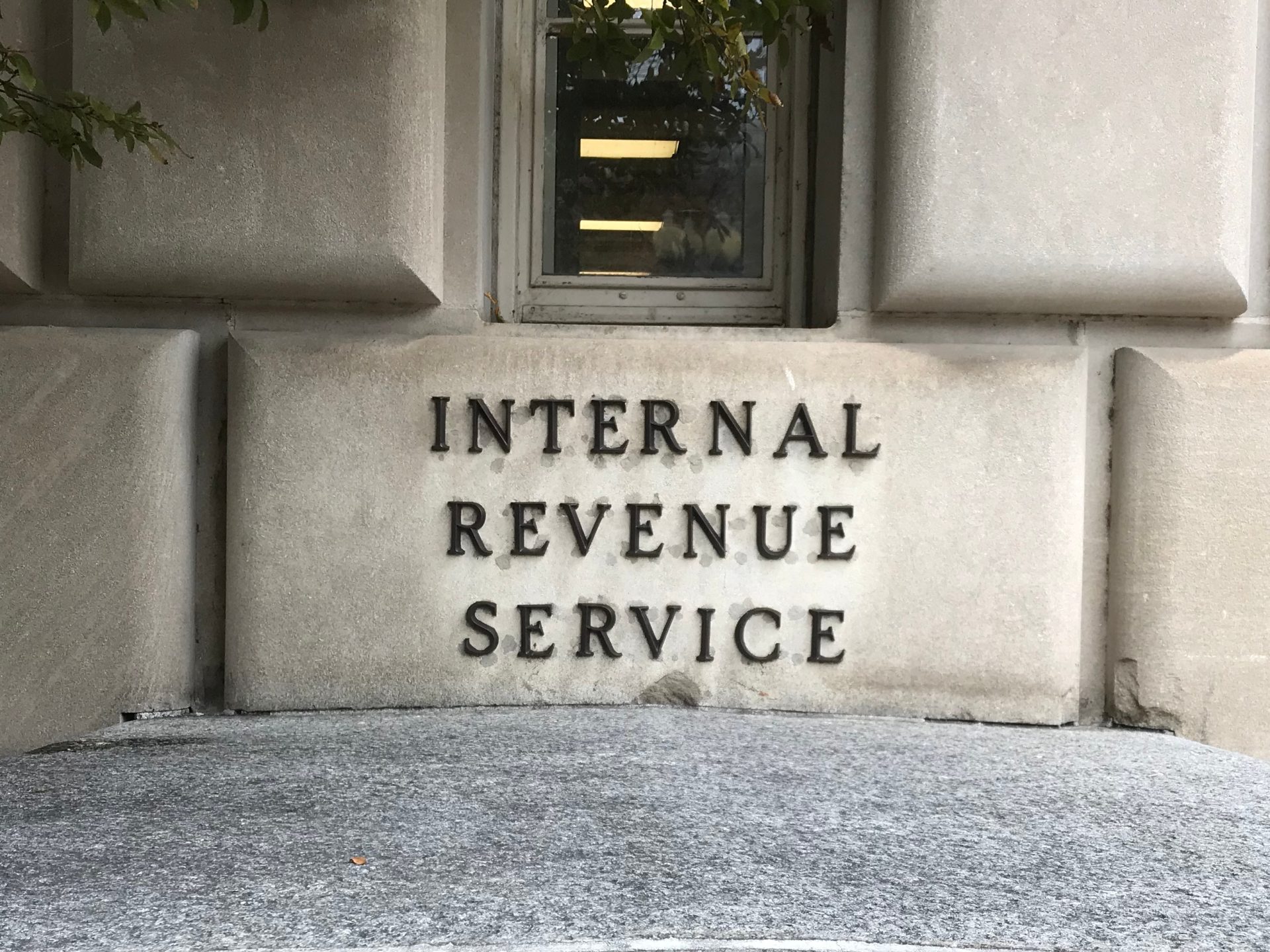IRS
IRS OKs E-Signatures to Be Used on a Slew of Forms Indefinitely
The agency said Monday it will continue to allow alternatives to handwritten signatures to be accepted for certain tax documents.
Oct. 30, 2023

The IRS said on Monday that it will allow electronic signatures to be used on certain tax forms “indefinitely until more robust technical solutions are deployed.”
In addition, the agency extended until Oct. 31, 2025, the ability to use encrypted email when working directly with IRS employees to clear up tax-related issues or concerns.
During the COVID-19 pandemic the IRS provided temporary relief allowing taxpayers to use digital or e-signatures on specified paper forms and filings that would ordinarily have required a handwritten signature. The agency also permitted the receipt and transmission of documents via email during compliance interactions. These digital flexibilities were subsequently extended to Oct. 31, 2023, because they were well-received by tax professionals and taxpayers, the IRS noted.

“We heard from tax professionals and taxpayers, as well as our employees, about how the flexibilities made it easier to comply with tax requirements and communicate with IRS compliance personnel,” Doug O’Donnell, IRS deputy commissioner for services and enforcement, said in a statement on Oct. 30. “While these digital flexibilities were critical during the pandemic, it’s equally important to continue to offer options as the IRS moves toward a fully digital environment. We will continue to review our processes to identify areas where we can leverage technology to reduce burden on the tax community while maintaining critical security and protections against identity theft and fraud.”
The IRS said it has updated Internal Revenue Manual (IRM) 10.10.1 allowing alternatives to handwritten signatures to be accepted for certain tax forms. It also allows images of signatures and digital signatures in compliance interactions to be accepted.
The tax forms to which this e-signature flexibility applies include:
- Form 11-C, Occupational Tax and Registration Return for Wagering
- Form 637, Application for Registration (For Certain Excise Tax Activities)
- Form 706, U.S. Estate Tax Return
- Form 706-A, United States Additional Estate Tax Return
- Form 706-GS (D), Generation-Skipping Transfer Tax Return for Distributions
- Form 706-GS (D-1), Notification of Distribution from a Generation-Skipping Trust
- Form 706-GS (T), Generation-Skipping Transfer Tax Return for Terminations
- Form 706-QDT, U.S. Estate Tax Return for Qualified Domestic Trusts
- Form 706 Schedule R-1, Generation-Skipping Transfer Tax
- Form 706-NA, U.S. Estate (and Generation-Skipping Transfer) Tax Return
- Form 709, United States Gift (and Generation-Skipping Transfer) Tax Return
- Form 730, Monthly Tax Return for Wagers
- Form 1042, Annual Withholding Tax Return for U.S. Source Income of Foreign Persons
- Form 1066, U.S. Real Estate Mortgage Investment Conduit (REMIC) Income Tax Return
- Form 1120-C, U.S. Income Tax Return for Cooperative Associations
- Form 1120-FSC, U.S. Income Tax Return of a Foreign Sales Corporation
- Form 1120-H, U.S. Income Tax Return for Homeowners Associations
- Form 1120-IC DISC, Interest Charge Domestic International Sales – Corporation Return
- Form 1120-L, U.S. Life Insurance Company Income Tax Return
- Form 1120-ND, Return for Nuclear Decommissioning Funds and Certain Related Persons
- Form 1120-PC, U.S. Property and Casualty Insurance Company Income Tax Return
- Form 1120-REIT, U.S. Income Tax Return for Real Estate Investment Trusts
- Form 1120-RIC, U.S. Income Tax Return for Regulated Investment Companies
- Form 1120-SF, U.S. Income Tax Return for Settlement Funds (Under Section 468B)
- Form 1127, Application for Extension of Time for Payment of Tax Due to Undue Hardship
- Form 1128, Application to Adopt, Change or Retain a Tax Year
- Form 2678, Employer/Payer Appointment of Agent
- Form 3115, Application for Change in Accounting Method
- Form 3520, Annual Return to Report Transactions with Foreign Trusts and Receipt of Certain Foreign Gifts
- Form 3520-A, Annual Return of Foreign Trust with a U.S. Owner
- Form 4421, Declaration – Executor’s Commissions and Attorney’s Fees
- Form 4768, Application for Extension of Time to File a Return and/or Pay U.S. Estate (and Generation-Skipping Transfer) Taxes
- Form 8038, Information Return for Tax-Exempt Private Activity Bond Issues
- Form 8038-G, Information Return for Government Purpose Tax-Exempt Bond Issues
- Form 8038-GC, Information Return for Small Tax-Exempt Governmental Bond Issues, Leases, and Installment Sales
- Form 8283, Noncash Charitable Contributions
- Form 8453 series, Form 8878 series, and Form 8879 series regarding IRS e-file Signature Authorization Forms
- Form 8802, Application for United States Residency Certification
- Form 8832, Entity Classification Election
- Form 8971, Information Regarding Beneficiaries Acquiring Property from a Decedent
- Form 8973, Certified Professional Employer Organization/Customer Reporting Agreement
- Elections made pursuant to Internal Revenue Code Section 83(b)
In addition, Interim Guidance Memorandum PGLD-10-1023-0002 provides for the receipt and transmission of documents through Oct. 31, 2025, using email with encryption when working person-to-person with IRS personnel to address compliance or resolve issues in ongoing or follow-up authenticated interactions (primarily with field compliance, Independent Office of Appeals, Counsel and Taxpayer Advocate Service personnel). This guidance remains in effect until the IRS fully implements long-term solutions for secure electronic communication channels with taxpayers as alternatives to encrypted email, the agency said.
